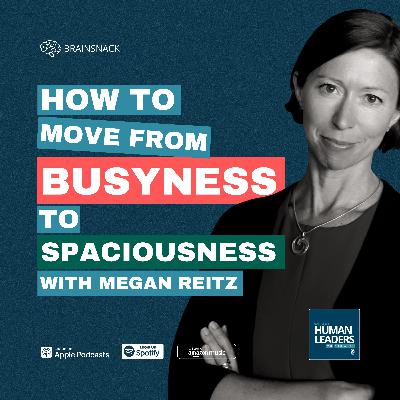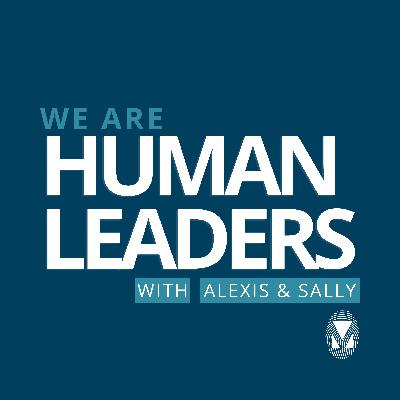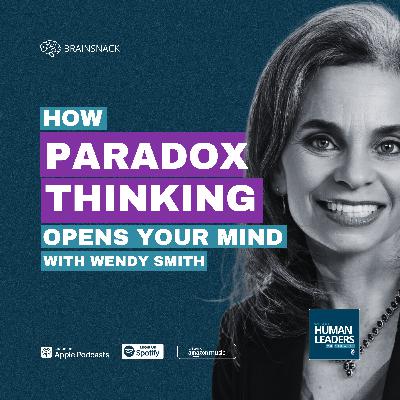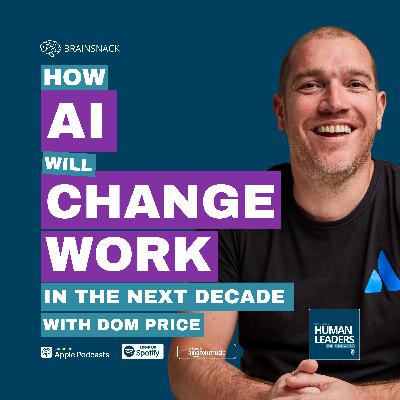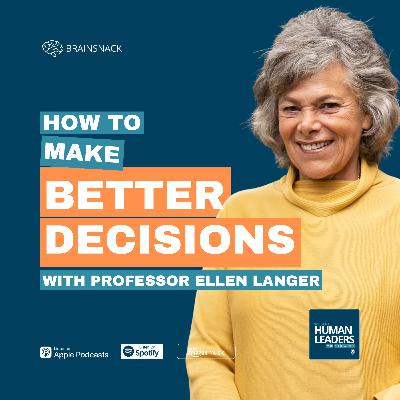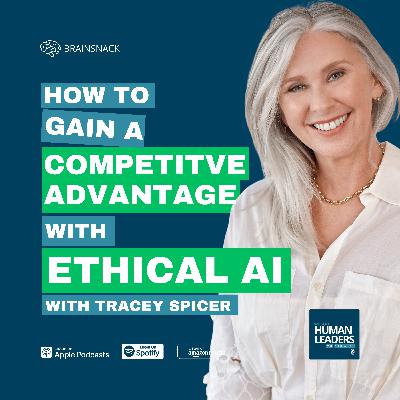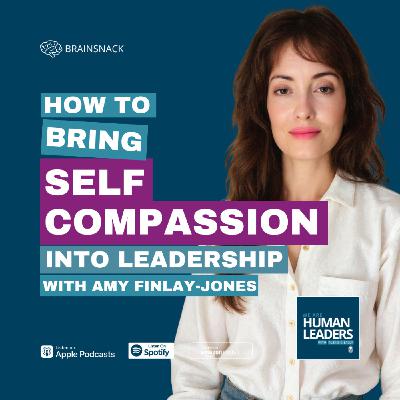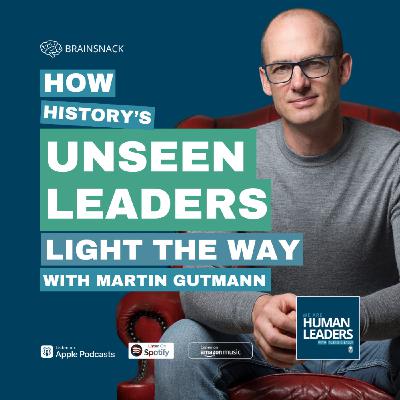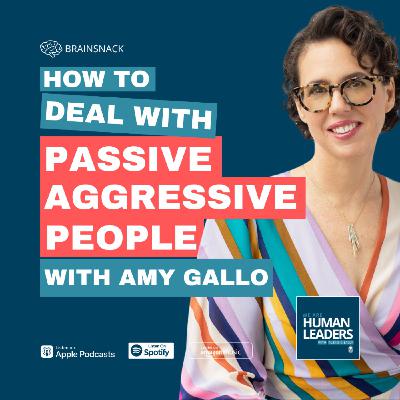
We Are Human Leaders
Author: Alexis Zahner & Sally Clarke
Subscribed: 18Played: 579Description
Welcome to We Are Human Leaders - big conversations around human-centred leadership at work and beyond.
This is a story about you, as a Human, and a Leader. It doesn’t matter your industry, your geography, the products you sell or the services that you offer. It doesn’t matter if you’re in a corporation, or a small business, it doesn’t matter your profit margins or your official job title. Our common denominator is the same, we are humans first and leaders second.
This is a call to everyone who prioritizes learning and growth to truly put Humans first in business. Human Leaders is changing how we work to ensure business and humans can thrive through work.
Human Leaders create workplaces where every single person feels seen, their contributions valued and their voice heard. We’re mobilizing the global leadership community to reimagine what work looks like and we’re glad you’re on this journey with us.
Find out more at www.wearehumanleaders.com
Hosted on Acast. See acast.com/privacy for more information.


